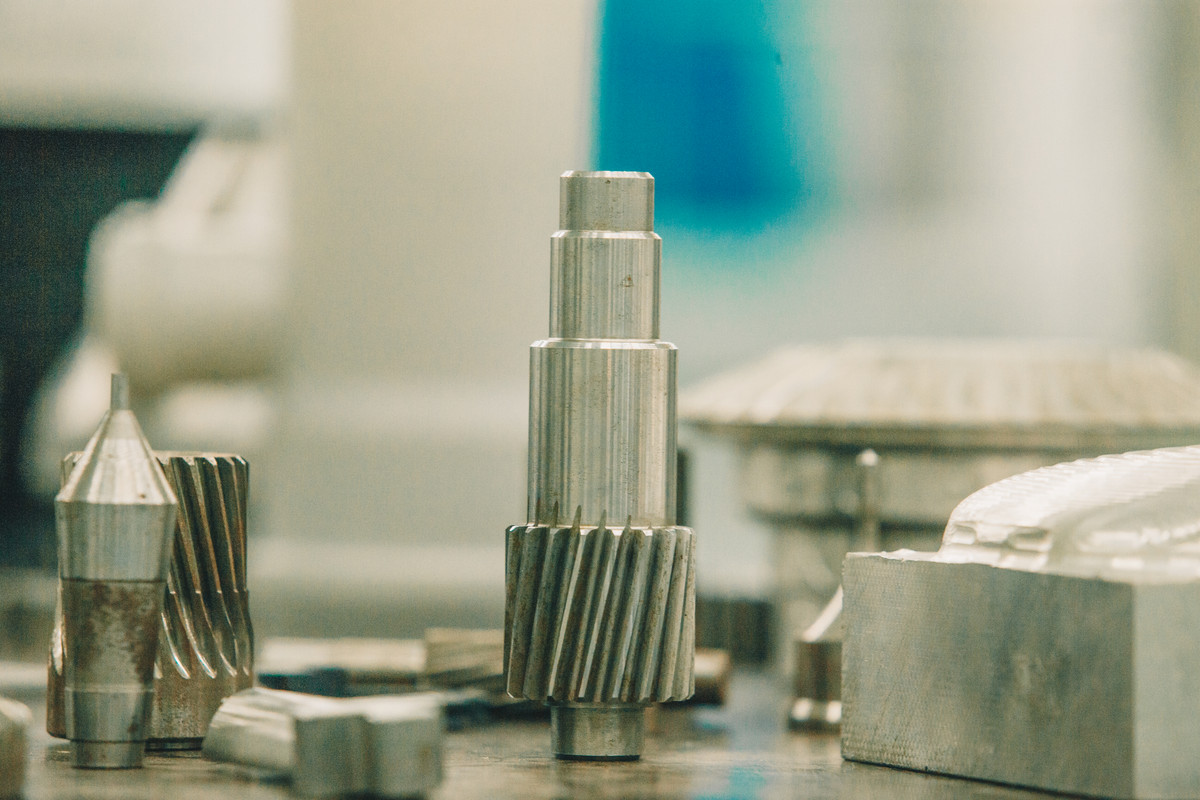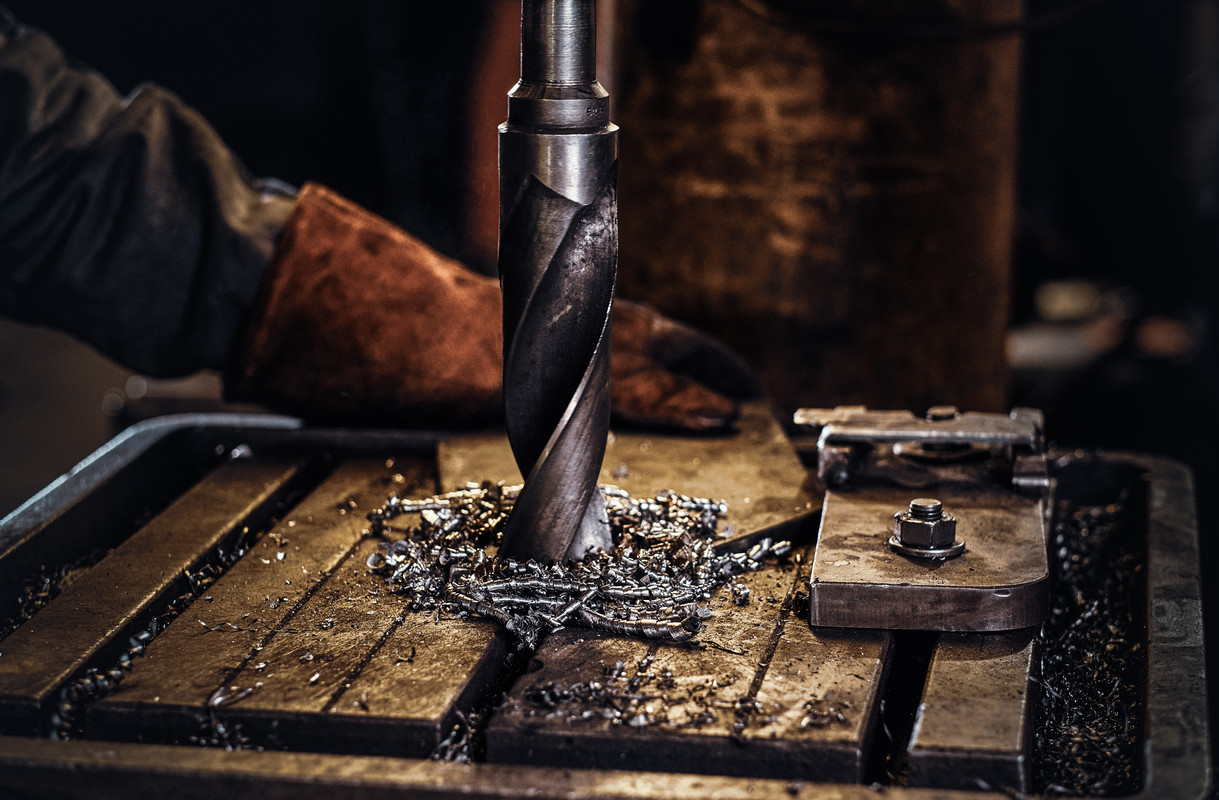
Exploring Drill Bit Steel – Quality and Importance in Drilling Applications
Exploring Drill Bit Steel – Quality and Importance in Drilling Applications
Have you ever wondered about the role of drill bit steel in drilling applications? How does the quality of steel affect drilling efficiency and performance? Choosing the right drill bit is crucial for any drilling project, whether you’re drilling through wood, metal, or concrete. In this article, we will explore the importance of drill bit steel, its various types, and how it impacts drilling applications. We will also discuss how to select the right drill bit for your specific needs.
The Role of Drill Bit Steel in Drailing Applications
Drill bit steel plays a vital role in drilling applications, as it directly affects the performance, efficiency, and longevity of the drill bit. High-quality steel ensures that the drill bit can withstand the pressure and wear associated with drilling through various materials, ultimately leading to a more efficient and longer-lasting tool. Furthermore, the type of steel used in the drill bit can impact its suitability for specific materials and applications, making it essential to understand the different types of drill bit steel available.
Types of Drill Bit Steel
There are several types of drill bit steel, each with its unique properties and applications. Some of the most common types include:
a. High-Speed Steel (HSS): HSS is a popular choice for drill bits due to its durability and ability to withstand high temperatures. It is commonly used for drilling through metal, wood, and plastic
b. Cobalt Steel: Cobalt steel is a variation of HSS that contains a higher percentage of cobalt, making it more resistant to heat and wear. This type of steel is ideal for drilling through hard materials, such as stainless steel and cast iron.
c. Carbon Steel: Carbon steel is less durable than HSS and cobalt steel but is more affordable. It is suitable for drilling through softer materials, such as wood and plastic.
d. Tungsten Carbide: Tungsten carbide is an extremely hard and durable material that is often used for the cutting edges of drill bits. It is ideal for drilling through hard materials, such as concrete and masonry.
Factors Affecting Steel Quality
Several factors can impact the quality of drill bit steel, including:

freepik
a. Manufacturing Process: The manufacturing process, including heat treatment and forging, can significantly impact the quality and durability of the steel. High-quality drill bits are typically made using precision machining and advanced heat treatment techniques.
b. Steel Composition: The specific alloy used in the drill bit steel can affect its performance and suitability for specific applications. For example, cobalt steel is more resistant to heat and wear than standard HSS, making it more suitable for drilling through hard materials.
c. Coatings and Surface Treatments: Some drill bits feature coatings or surface treatments, such as titanium nitride or black oxide, which can improve their performance and durability. These coatings can also reduce friction and heat buildup, leading to a longer-lasting and more efficient drill bit.
4. Drill Bit Materials: Comparing Steel with Other Options
While steel is a popular choice for drill bits, there are other materials available that offer unique benefits and drawbacks. Some of these materials include:
a. Solid Carbide: Solid carbide drill bits are extremely hard and durable, making them ideal for drilling through hard materials. However, they can be brittle and prone to chipping or breaking if not used properly.
b. Diamond: Diamond drill bits are used for drilling through extremely hard materials, such as glass, tile, and stone. They are typically more expensive than steel drill bits but offer superior performance and longevity.
c. Masonry: Masonry drill bits are designed specifically for drilling through concrete, brick, and other masonry materials. They typically feature a tungsten carbide tip for added durability and performance.
The Impact of Steel Quality on Drilling Performance
The quality of drill bit steel can significantly impact drilling performance in several ways:
a. Durability: High-quality steel is more resistant to wear and can withstand the pressure and heat associated with drilling, leading to a longer-lasting tool.
b. Efficiency: A drill bit made from high-quality steel can maintain its sharpness and cutting ability longer, resulting in more efficient drilling and less time spent replacing or sharpening the tool.
c. Suitability: The type of steel used in the drill bit can impact its suitability for specific materials and applications. For example, cobalt steel is more suitable for drilling through hard materials than standard HSS.
Selecting the Right Drill Bit for Your Drilling Application

freepik
When selecting a drill bit for your drilling application, it’s essential to consider the following factors:
a. Material: Choose a drill bit that is suitable for the material you will be drilling through. For example, use a cobalt steel bit for drilling through hard materials, such as stainless steel or cast iron.
b. Size: Select a drill bit that is the appropriate size for your specific application. Using a bit that is too large or small can lead to inefficient drilling and potential damage to the tool or material.
c. Type: Consider the type of drill bit that is best suited for your application, such as a twist bit for general-purpose drilling or a masonry bit for drilling through concrete.
d. Quality: Invest in high-quality drill bit steel to ensure the longevity and efficiency of your tool.
Conclusion: The Importance of Quality Drill Bit Steel
In conclusion, the quality of drill bit steel plays a crucial role in drilling applications, impacting durability, efficiency, and suitability for specific materials. By understanding the different types of drill bit steel and selecting the appropriate tool for your application, you can ensure optimal drilling performance and longevity. Investing in high-quality drill bit steel is an investment in the success of your drilling projects, making it an essential consideration for any drilling application.














